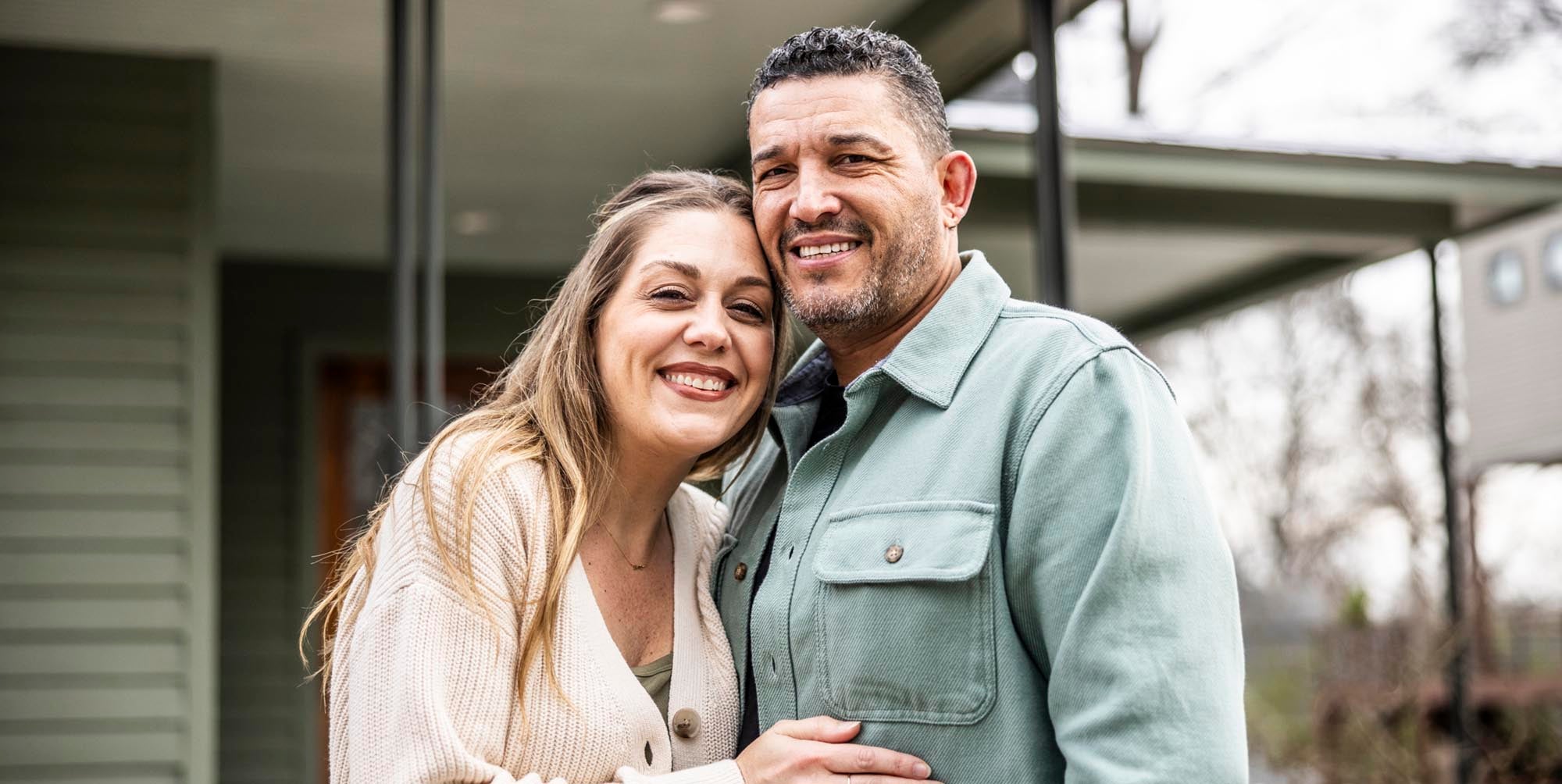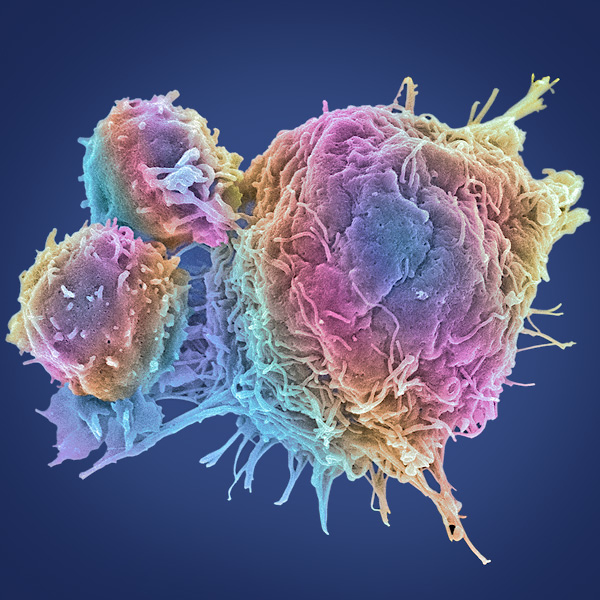Multidisciplinary approach to diagnose and treat colorectal cancer
Colorectal cancer is the second leading cause of cancer-related deaths in both men and women, with an estimated lifetime risk of 1 in 24 for men and 1 in 26 for women. These statistics underscore the critical importance of routine screening for early detection and prevention. Most colorectal cancers begin as benign polyps that slowly develop into cancer over time. Regular screening—through colonoscopy, stool-based testing, or other approved methods—can identify and remove these precancerous growths before they become malignant or detect cancer at an early stage when it is most treatable.
Early intervention not only improves survival rates but also reduces the need for more aggressive therapies later. Current guidelines recommend beginning colorectal cancer screening at age 45 for average-risk individuals, with earlier or more frequent screening advised for those with specific risk factors, including a family history of colorectal cancer, certain hereditary syndromes, or personal history of inflammatory bowel disease. A colonoscopy remains the gold standard for screening, as it allows both detection and removal of polyps during a single procedure.
How is Colorectal Cancer Diagnosed?
Doctors at Loyola are trained to recognize colorectal cancer symptoms, and are committed to the expert diagnosis and care of our patients. Colorectal cancer symptoms may include the following:
- A change in bowel habits
- Blood in the stool
- Diarrhea, constipation, or feeling that the bowel does not empty all the way
- Fatigue
- Frequent bloating
- Stools that are narrower than usual
- Vomiting
- Weight loss
A patient’s personal family and medical history, symptoms and physical exam may aid in the diagnosis of colorectal cancer. If cancer is suspected, your doctor may order additional testing, which can include:
- Barium enema
- Biopsy
- Colonoscopy
- CT scan (computed tomography)
- Digital rectal exam
- Fecal test
- Rectal ultrasound
- Sigmoidoscopy
- Virtual colonoscopy
How is Colorectal Cancer Treated?
Loyola is recognized for its multidisciplinary Gastrointestinal Oncology Center, which provides access to medical oncologists, radiation oncologists, colon and rectal surgeons, gastroenterologists, radiologists, pathologists and geneticists in one visit. Our experienced team of colon and rectal surgeons are skilled at treating all types of colorectal cancer.
Colorectal (bowel) cancer treatment is specific to each individual patient, and depends on the size, type, location and stage of the cancer. In most cases, one of the following treatment options will be offered:
- Chemotherapy
- Cryosurgery
- Radiation therapy
- Radiofrequency ablation
- Surgery
- Targeted therapy
Loyola has the unique distinction of offering patients transanal endoscopic microsurgery (TEM), which uses special scopes and instruments to remove polyps or tumors that traditional instruments cannot remove. Loyola’s surgeons are uniquely trained and qualified to perform this procedure.
Preventing Colorectal Cancer through Colonscopy
Doctors at Loyola recommend regular screening tests to help prevent colorectal cancer. Receiving a regular colonoscopy, particularly if you have a hereditary predisposition to colorectal cancer, can help identify polyps before they become colon cancer. Learn more about our colorectal cancer screening guidelines.
Colorectal Cancer Research and Clinical Trials
As part of an academic medical center, our faculty members educate and train medical students and surgical residents, and are actively engaged in research that leads to better treatments and patient care for colorectal cancer.
As a patient at Loyola, you will have access to leading-edge treatments and a broad menu of clinical trials.
![Image of cancer cell]()
Request a New Patient Appointment or Second Opinion
At Loyola, we provide the most advanced cancer treatments available, using the latest research and advanced technology to help treat body, mind and spirit. Request an appointment today with a Loyola Medicine cancer specialist.
Call Us at (888) 584-7888
Fill Out This Request Form


